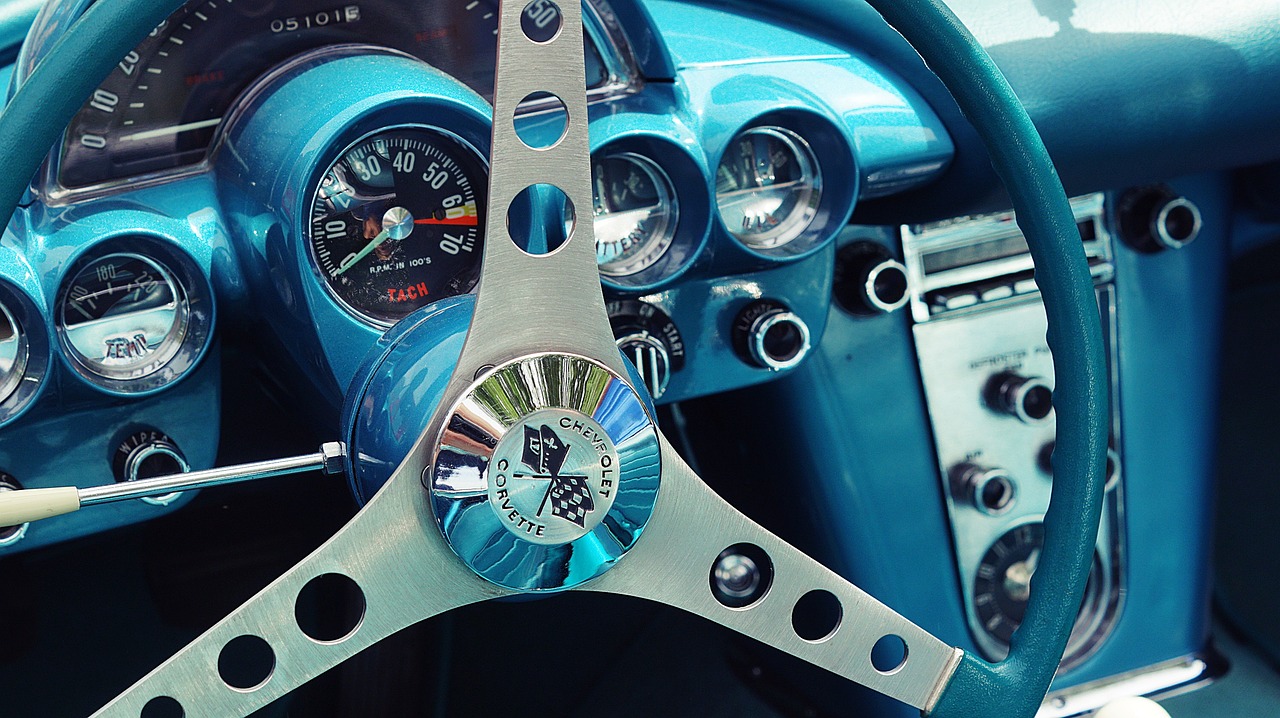The Psychology of Car Ownership: Sense of Control and Mastery
Many individuals develop a deep emotional connection to their vehicles that goes beyond mere transportation. For some, cars represent freedom, independence, and a sense of identity. People often personalize their vehicles with custom features, colors, or modifications to reflect their unique style and personality.
The emotional bond with a vehicle can also stem from shared memories and experiences. Whether it’s a cross-country road trip, a first date, or simply the daily commute to work, these moments become intertwined with the car itself. This emotional attachment can lead to feelings of nostalgia, comfort, and even a sense of companionship with the vehicle.
The Influence of Car Brand on Personal Identity
Our choice of car brand often goes beyond mere practical considerations; it can also shape our personal identity. The car we drive can convey specific messages about our values, lifestyle, and social status to others. For some individuals, aligning themselves with a certain car brand can become a way to express their personality and to feel a sense of connection to a particular social group.
Moreover, the attachment to a specific car brand can also influence how we perceive ourselves. Owning a car from a prestigious or luxury brand may enhance our self-image and boost our confidence. On the contrary, driving a car that is perceived as less desirable or outdated by societal standards can potentially impact our self-esteem negatively. In essence, the car brand we choose to associate with becomes intertwined with our self-perception and plays a role in shaping our personal identity.
The Relationship Between Car Ownership and Self-Esteem
Owning a car can have a significant impact on an individual’s self-esteem. For many people, their vehicle is more than just a mode of transportation; it is a reflection of their status and personality. The type of car one owns can be closely tied to their sense of self-worth and how they are perceived by others.
Research has shown that individuals who drive luxury or high-end vehicles tend to have higher levels of self-esteem compared to those who drive more modest cars. This connection between car ownership and self-esteem may stem from the way society values material possessions and equates them with success and status. As a result, owning a desirable car can boost one’s self-confidence and social standing.
Can owning a car affect one’s self-esteem?
Yes, studies have shown that owning a car can have an impact on an individual’s self-esteem.
How does the emotional attachment to vehicles play a role in self-esteem?
The emotional attachment to vehicles can contribute to a sense of pride and identity, which can in turn boost self-esteem.
Does the brand of the car someone owns affect their self-esteem?
Yes, the brand of a car can play a role in shaping personal identity and self-esteem, as it can reflect social status and values.
What is the relationship between car ownership and self-esteem?
The relationship between car ownership and self-esteem is complex, as owning a car can provide a sense of independence and accomplishment, but can also lead to comparisons and feelings of inadequacy.







